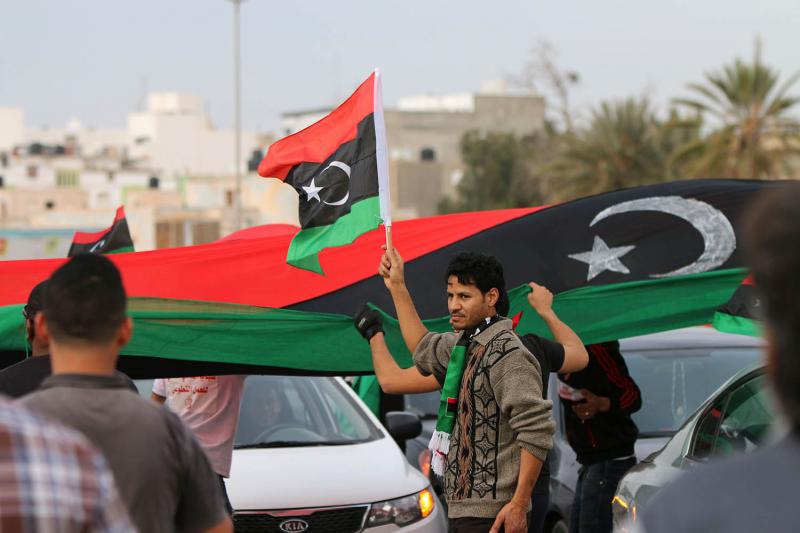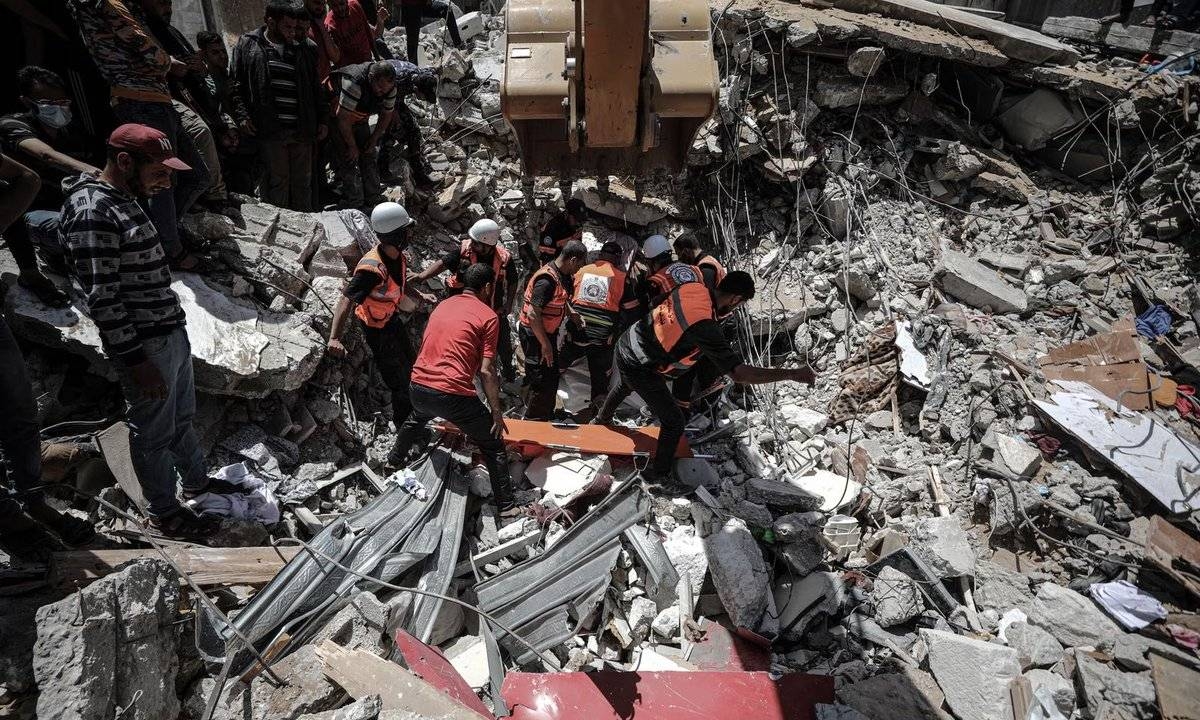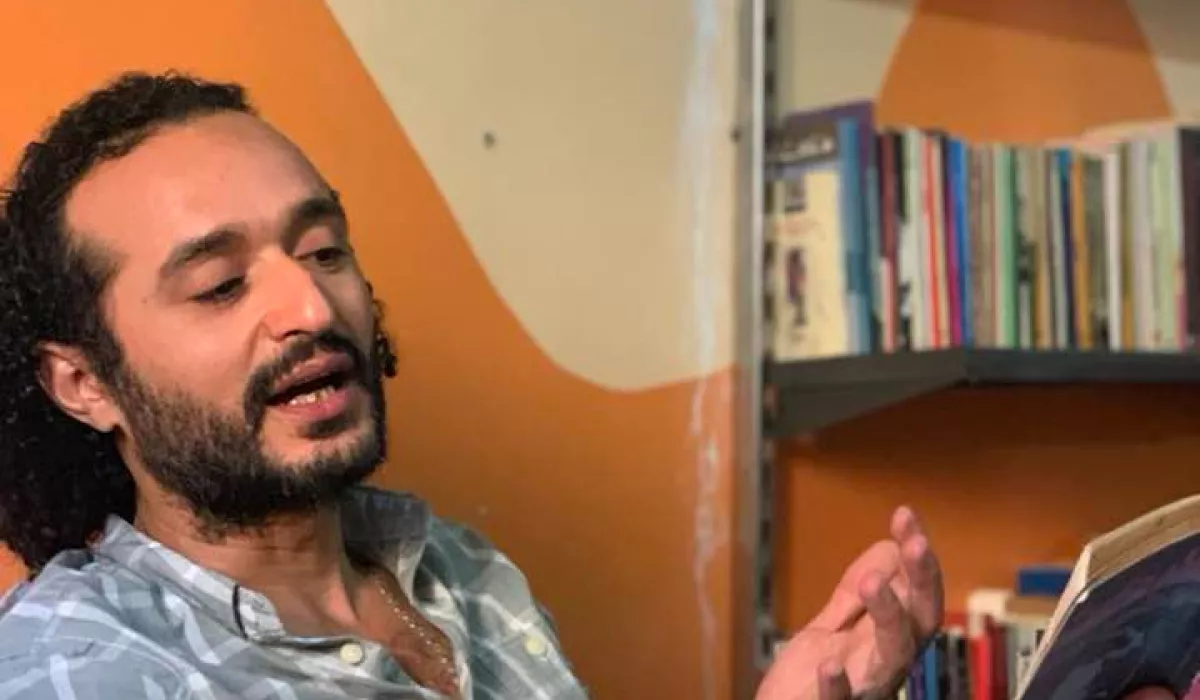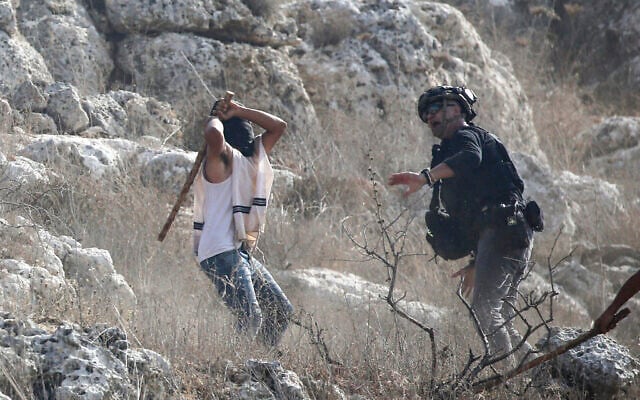
Media watchdogs raise alarm over escalating violence against reporters in the West Bank
November 10, 2025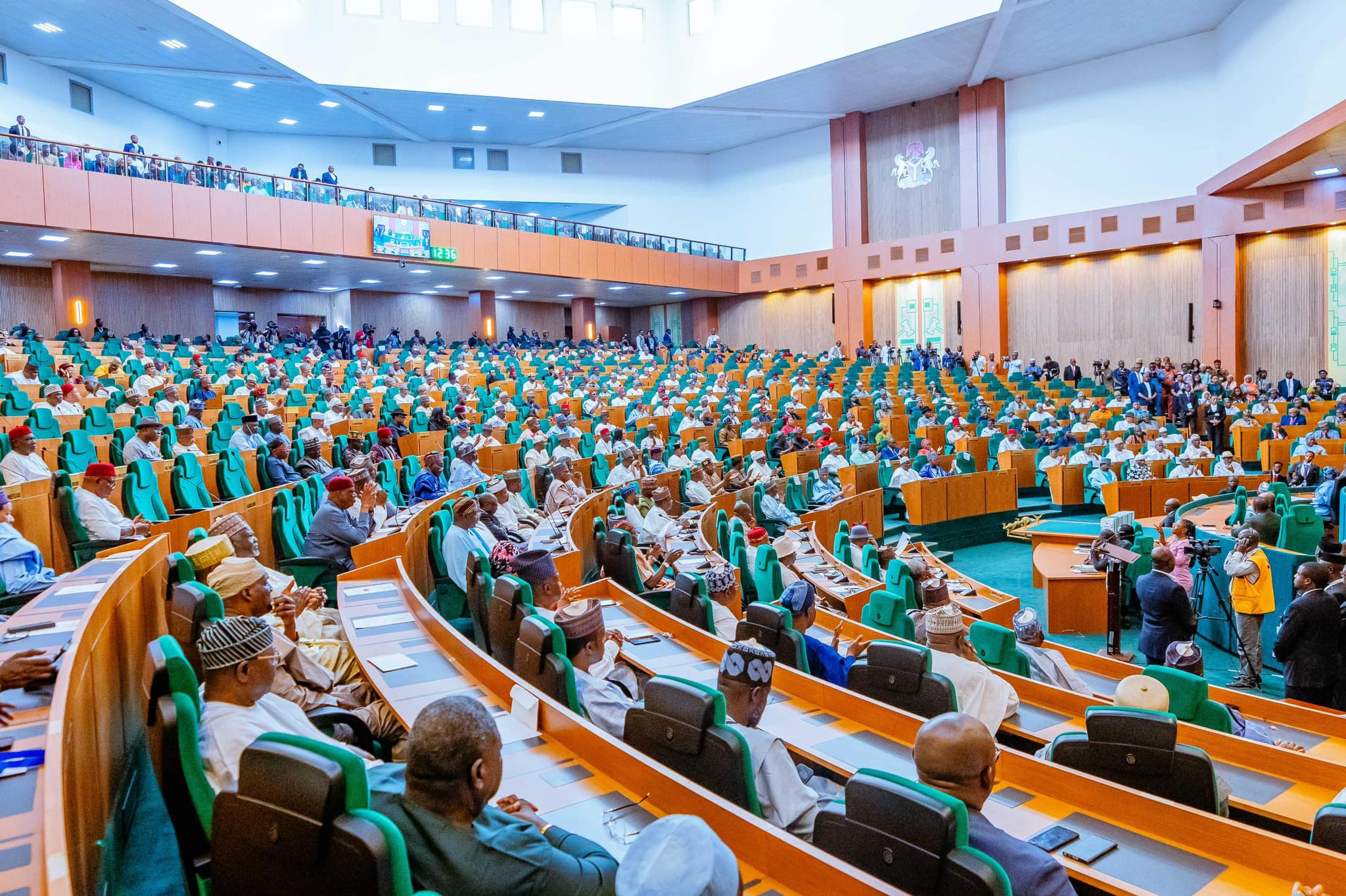
Journalist Held Over a Month Without Trial in Nigeria Media Freedom Under Threat
November 10, 2025November 10, 2025 – Libya –
Rights organisations are raising alarm over the deteriorating conditions for journalists in Libya, where antiquated media laws, fragmented state authority, and widespread impunity have created an environment of chronic risk for the press. In a joint statement titled “Libya: Impunity for crimes against journalists must end”, ARTICLE 19 and allied groups detailed how journalists have been relentlessly exposed to threats, arrests, disappearances, and violence for the past decade.
The media sector remains governed in part by legacy legislation such as the 1972 Publications Law (Law No. 76), which carries criminal penalties for unlicensed outlets, mandates prior authorisation, and provides no safeguarding for social-media platforms. These outdated legal instruments continue to be invoked to penalise journalists and restrict independent reporting, even though they date from a different era of autocratic governance.
Institutional instability compounds the problem. The country remains divided with rival administrations controlling western Tripoli and eastern Benghazi, each wielding overlapping legal frameworks and security structures. This governance fragmentation has inhibited accountability. Rights groups documented 488 violations against journalists between 2014-2024, and estimate that over 40 journalists and bloggers were killed between 2005-2025, with virtually no prosecutions of perpetrators.
The pressure on journalists is both physical and legal. Arbitrary detention, enforced disappearance, militarised trials, and impunity are widespread. One expert noted that Libya’s justice system is “crushed by outdated laws and haunted by impunity”.
The rights groups call for an immediate and comprehensive overhaul: independent investigations into all attacks on media professionals, legislative reform to replace repressive laws, and the establishment of clear safeguards for press freedom and media pluralism. They emphasise the necessity of involving journalists, civil society, and media stakeholders in a transparent reform process.
In the absence of meaningful reform or accountability, the country’s ability to sustain a free, independent press is severely compromised. Journalists face the dual risks of physical danger and criminalisation, while the public’s right to information remains under threat. The situation in Libya illustrates how the absence of the rule of law and outdated regulatory frameworks combine to silence critical voices and erode fundamental freedoms.
Reference –
https://www.article19.org/resources/libya-impunity-for-crimes-against-journalists-must-end/

